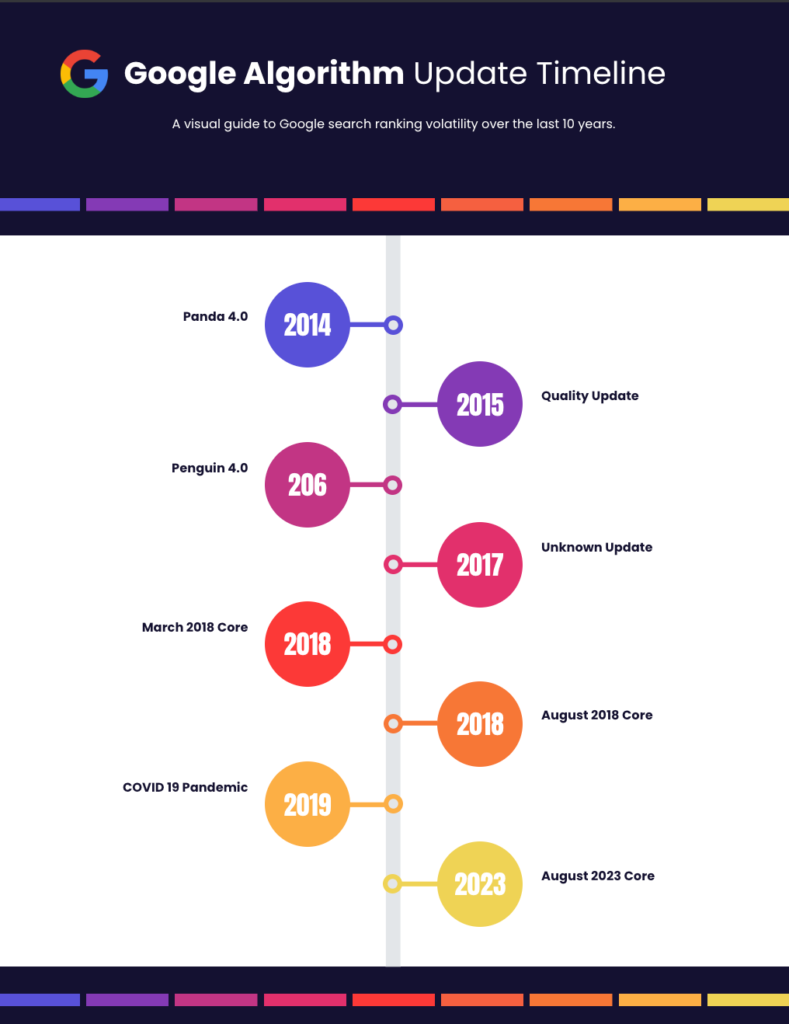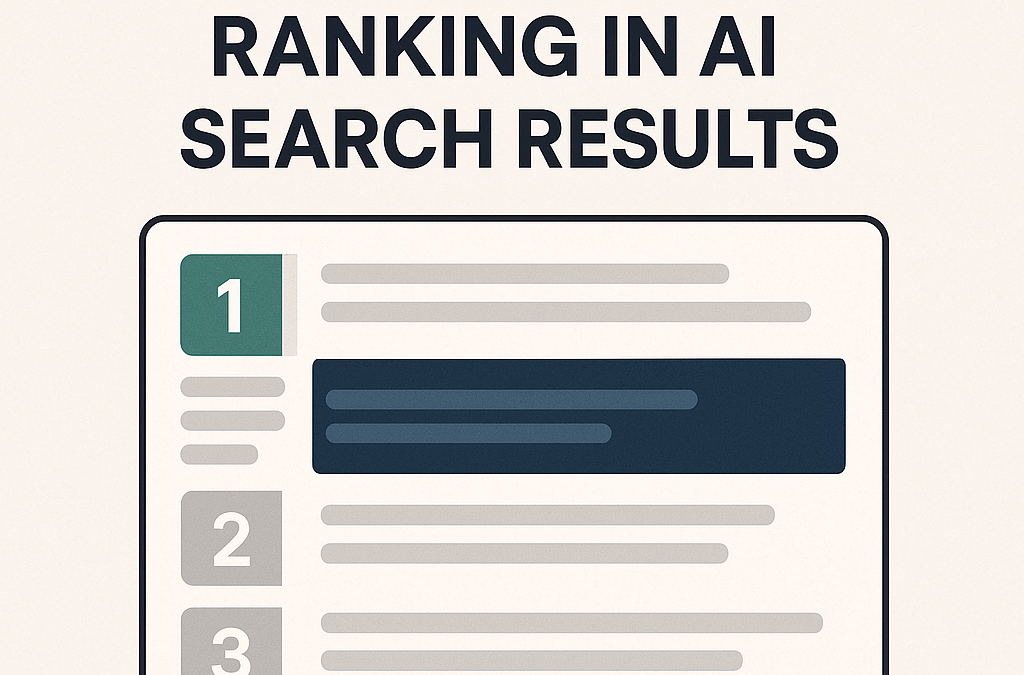Key Points:
• Spike in Volatility: A recent surge in Google’s search ranking volatility has been reported, starting around October 15th.
• Mixed Impacts: Some sites saw gains, while others experienced ranking drops.
• Extended Fluctuations: These fluctuations continue from earlier volatility spikes seen in September and after the August 2024 core update.
• Community Reactions: SEOs and site owners are expressing concern about inconsistent traffic and ranking trends.
Google Ranking Volatility
Google’s search ranking system has been showing significant volatility as of October 15th, 2024. While not as drastic as some previous spikes, this shift has impacted a number of websites, with both positive and negative results. These fluctuations come after weeks of ongoing volatility, which began with the completion of Google’s August 2024 core update.
Ongoing Volatility Since August 2024
Google released its August 2024 core update on August 15th, and while the update officially wrapped up on September 3rd, ranking instability persisted. Major ranking changes were reported on several occasions in September, including spikes on September 6th, 10th, 18th, and 25th. The most recent surge, beginning around October 1st and spiking again on October 15th, has prompted renewed discussion among SEOs and site owners.
Impact on Websites and SEO Strategies
The unpredictability of search rankings has led to mixed experiences. Some websites have seen positive movement, while others have suffered significant ranking drops. This inconsistency has made it difficult for SEOs to make informed adjustments, as the ranking landscape shifts frequently.
Google Tracking Tools Indicate Changes
SEO tools such as SERPmetrics, Mozcast, and Semrush have confirmed this heightened volatility. These tools track search engine results pages (SERPs) and have shown clear spikes in activity, signaling that the shifts are not isolated incidents but part of a larger trend.
SEO Community Reactions
The SEO community has been vocal about these changes. Many are expressing frustration with erratic traffic patterns, with some reporting significant drops in rankings or traffic, while others have noted improvements. This inconsistency makes it challenging for SEOs to maintain stable performance and adjust their strategies effectively.
Google Algorithm Updates Timeline
Over the years, Google has released several significant updates that impacted search rankings. Some key updates include:
- Panda 4.0 (#26) | May 21, 2014
- Quality Update | May 3, 2015
- Penguin 4.0 (R-T) | Sept 27, 2016
- Unknown Update | May 17, 2017
- March 2018 Core | March 8, 2018
- August 2018 Core | August 1, 2018
- COVID-19 Pandemic | March 11, 2019
- May 2022 Core | May 25, 2022
- August 2023 Core | August 22, 2023
These updates caused fluctuations in search rankings, requiring SEOs to adapt their strategies accordingly. See below infographic.

FAQs About Google Search Ranking Volatility
1. What is search ranking volatility?
Search ranking volatility refers to fluctuations in the rankings of websites on Google’s search engine results pages (SERPs). This can affect traffic, visibility, and SEO strategies.
2. Why is Google’s search ranking volatile right now?
The volatility seems to be linked to Google’s August 2024 core update, which caused ranking fluctuations that have persisted even after the update officially ended.
3. How can volatility affect my website?
Volatility can result in sudden drops or spikes in your website’s ranking, which directly impacts the traffic your site receives. This unpredictability can make it difficult to maintain consistent SEO performance.
4. Is this a sign of another algorithm update?
It’s unclear whether these fluctuations are tied to a new update, but Google’s core updates often cause prolonged volatility. SEOs should stay informed and monitor their site performance closely.
5. What can I do if my rankings drop?
Stay patient, as rankings often fluctuate before stabilizing. Continue following best SEO practices, such as producing quality content, optimizing for keywords, and ensuring good user experience.
6. Will my rankings recover after a drop?
Rankings can recover over time, especially as Google’s algorithm recalibrates. However, if the drop persists, you may need to re-evaluate your SEO strategy.
7. How can I track search ranking volatility?
SEO tools like SERPmetrics, Semrush, and Mozcast are effective for tracking volatility. These tools provide real-time updates on SERP fluctuations and can help you monitor changes in your website’s performance.
Google Search Continues to Cause Uncertainty
While Google’s search ranking volatility continues to cause uncertainty, maintaining strong SEO fundamentals and tracking performance closely will help website owners and SEOs weather the storm. Keep an eye on tools that monitor SERPs, and adjust strategies accordingly to stay competitive in this shifting landscape.









